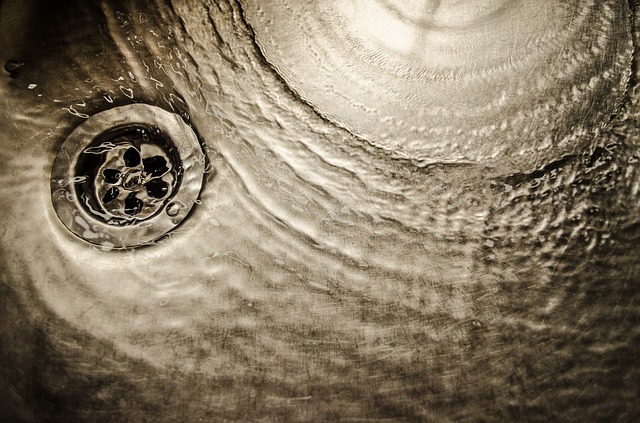Homeowners experience all kinds of problems when it comes to their homes, but having clogged or blocked drains is one of the most common ones. Blocked drains can lodge and build themselves from almost anywhere, but toilets are probably one of the most common places yet.
Clogged drains can quickly develop and disrupt the function in or from any place in the system. If a part of the main sewer is blocked, it will most likely affect the entire house or building. Having a clogged drain can be frustrating to avoid the situation entirely if you worked with a professional plumber. The best way to resolve blocked drains is to find out their common causes.
Here are the common causes of blocked drains:
Tree roots
One of the most recognized causes of blockage and clogs in sewer and water mains is tree roots. While tree roots are typically found in older homes, these roots can easily find their way into the sewer systems of any house. Since trees are living things, their tree roots also seek moisture and are drawn to the water in sanitary and waste sewer pipes. Some even slip through cracks or any leak.
Oil and Grease
Oil, grease, and the like can easily cause drain blockage. Several experts have advised the public on how to dispose of oil and grease properly and not through the drain since it can build up and clog the drain. Unfortunately, water does not wash everything along, as many people believe. It is better to dispose of the oil and grease in the trash can after being left to cool. It will simply solidify and will be easier to clean.
Food
Food should be disposed of accordingly in the proper trash can and never flushed down in the toilet. No matter what amount of food you flush down, the drains are not designed to flush down food. Big food chucks are never suitable in a water pipe. Drains and their lines are meant to carry only liquid and any small pieces of solids. If not, it could quickly get stuck, causing significant problems that will affect the entire house.
One way to dispose of these solids is to cut them into tiny pieces that will easily travel down the drainage pipe without building or accumulation.
Hair
Although hair can easily slip through the drains, at one point, it will accumulate to the point where it could lead to slow flow or even block the gutters completely. You can’t control the hair that falls off of your head, but one good practice is to use small screens as a cover on your drain. This way, you can quickly dispose of all the bundled-up hair.
Pipe scale
A pipe scale is a natural material that builds up inside the pipes and can build up to the point where a blockage or clog develops from the mineral deposits that water leaves behind when it passes through the line. Scale deposits come from dissolved magnesium and calcium and sometimes even from other metallic elements left behind as the water flows.
The said particles react to wet-dry conditions and even to the temperature of the pipe. As it reacts, it starts to collect in a single spot, attracting more scales until it develops into an obstructive size. The mineral scale that builds up inside the pipes also affects other appliances that use water, such as dishwashers and even clothes washers.
